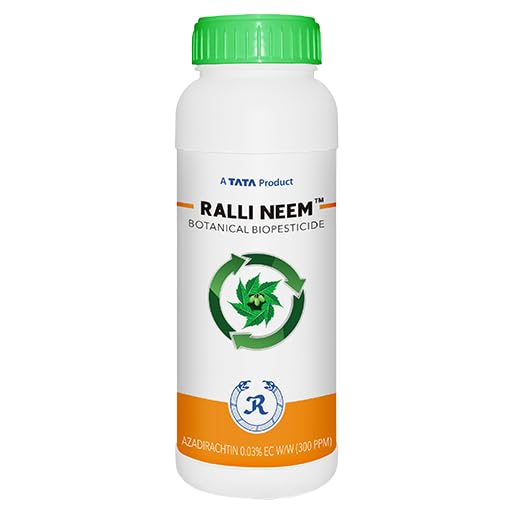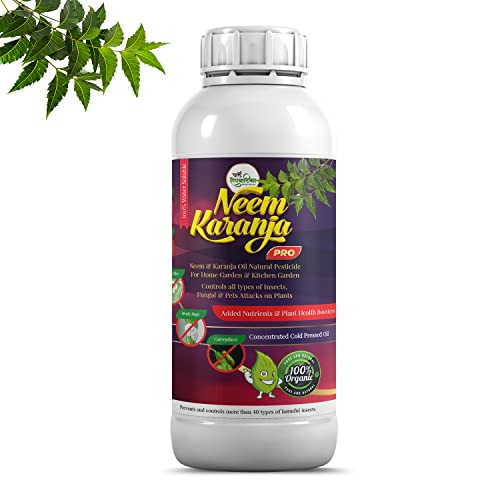Organic Farming: A Better Way to Grow Food
Share
Organic farming is a type of agriculture that does not use synthetic fertilizers or pesticides. Instead, organic farmers rely on natural methods to improve soil health, control pests and diseases, and increase crop yields. Organic farming is becoming increasingly popular as people become more concerned about the environmental impact of conventional agriculture.
Here are some of the benefits of organic farming:
- Better for the environment: Organic farming helps to protect the environment by reducing soil erosion, conserving water, and promoting biodiversity.
- Healthier food: Organic food is grown without the use of synthetic chemicals, which can be harmful to human health.
- More sustainable: Organic farming is a more sustainable way to grow food, as it does not rely on non-renewable resources.
If you are a farmer, you may be wondering how to get started with organic farming. There are a number of resources available to help you, including the Organic Farming Association of India (OFAI). OFAI offers a variety of training programs and resources to help farmers transition to organic farming.
If you are interested in learning more about organic farming, there are a number of websites and books available. The OFAI website has a wealth of information on organic farming, including articles, fact sheets, and videos. There are also a number of books available on the subject, such as "The Organic Farmer's Handbook" by Eliot Coleman and "Organic Gardening" by Charles Dowding.
Organic farming is a growing trend, and it is a great way to improve the health of your soil, your crops, and your community. If you are a farmer, I encourage you to consider transitioning to organic farming. It is a good decision for the environment, your health, and your bottom line.
Here are some additional tips for Indian farmers who are interested in transitioning to organic farming:
- Start small. Don't try to convert your entire farm to organic farming overnight. Start with a small plot of land and gradually increase the size of your organic operation as you gain experience.
- Get training. There are a number of training programs available to help farmers transition to organic farming. OFAI offers a variety of training programs, and there are also a number of private companies that offer training.
- Get certified. Once you have converted your farm to organic farming, you can apply for certification from an organic certification agency. Certification will allow you to sell your products as organic.
Transitioning to organic farming can be a challenge, but it is a rewarding experience. By following these tips, you can make the transition to organic farming a success















